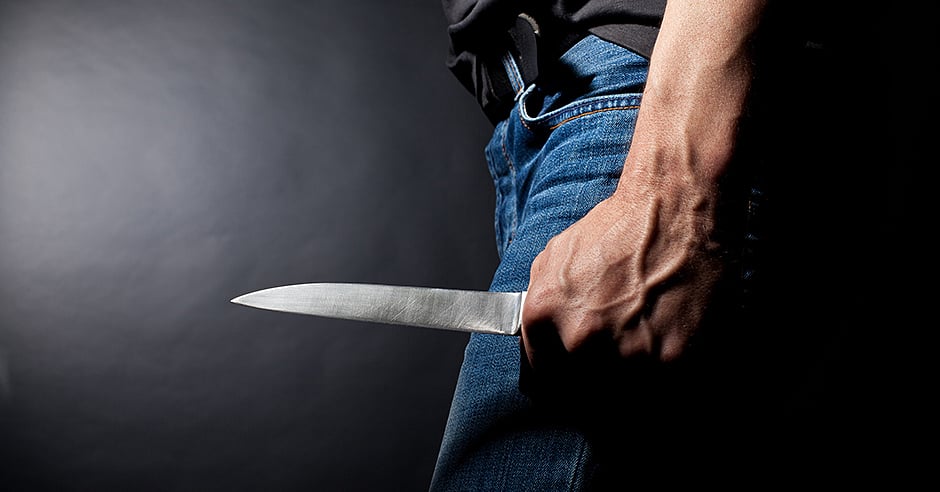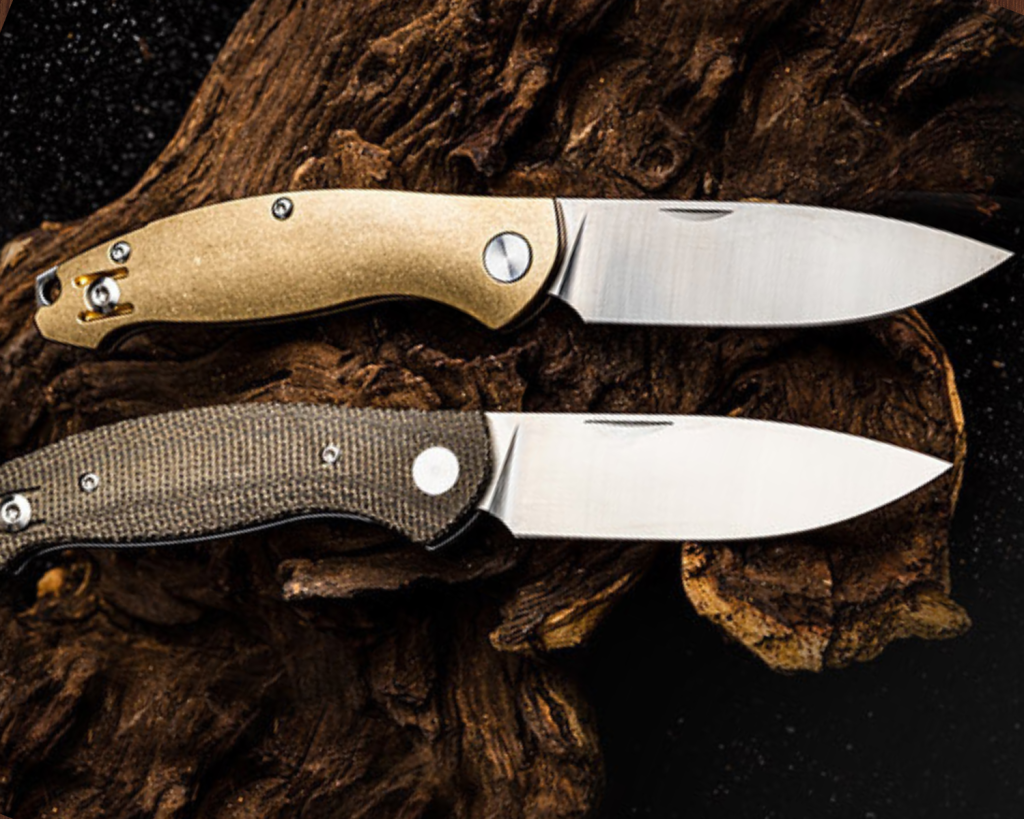In the world of culinary arts, precision, durability, and efficiency are paramount. Among the tools that a kitchen professional relies on, folding knives with high carbon steel blades stand out. They are not just a trend but a staple for those who value quality and reliability. In this article, we will explore why high carbon steel is preferred in folding knives, especially in professional kitchen settings.

Why High Carbon Steel?
High carbon steel is renowned for its exceptional hardness and edge retention. This makes it a preferred material for folding knives used in kitchens. Unlike stainless steel, which is more resistant to rust, high carbon steel offers a sharper edge that is easier to maintain. For kitchen professionals, this means less time spent sharpening and more time preparing exquisite meals.
The ability to maintain a sharp edge is crucial in professional kitchens. A dull knife can not only slow down food preparation but also pose safety risks. With high carbon steel folding knives, chefs can ensure each cut is precise, enhancing the overall presentation and quality of the dish.
Durability and Strength
Another significant advantage of high carbon steel is its durability. Folding knives made from this material are robust and can withstand the rigorous demands of a busy kitchen. They are less likely to chip or break, providing long-term value for the investment.
The strength of high carbon steel also means that these knives can handle tougher foods that may damage other blades. Whether you're slicing through dense vegetables or cutting through meat, a folding knife with a high carbon steel blade will perform consistently.
Maintenance Matters
While high carbon steel has many advantages, it does require proper maintenance to prevent rust. Kitchen professionals often balance this with the knife's superior performance. Regular oiling and proper storage are essential to keep the knife in optimal condition. For more tips on maintaining your knives, you can read about oiling techniques and safely closing a folding knife.
Choosing the Right Blade
When selecting a folding knife with a high carbon steel blade, kitchen professionals should consider the specific tasks they will be performing. Different blade shapes and sizes cater to various culinary requirements. For more insights into blade types, you might explore the different folding knife blade steel types available.
Folding Knives vs. Fixed Blades
While fixed blade knives are commonly used in kitchens, folding knives offer portability and convenience without compromising on performance. They can be easily carried and stored, making them a versatile choice for chefs who travel or work in different kitchen environments. To understand more about the differences, visit this informative guide.
Versatility in the Kitchen
Folding knives with high carbon steel blades are not just for cutting. They can be used for a variety of tasks, from peeling fruits to filleting fish. Their versatility makes them an indispensable tool in any professional kitchen.
Moreover, the compact design of folding knives allows for easy handling and control, which is crucial for intricate cuts and detailed work. This level of precision is what separates a good meal from a great one.
Conclusion
In conclusion, high carbon steel in folding knives offers numerous benefits for kitchen professionals. From maintaining a sharp edge to providing durability and versatility, these knives are an essential addition to any culinary toolkit. For those who value quality and efficiency, investing in a high carbon steel folding knife is a decision that will pay dividends in the quality of their work.

FAQ
What is high carbon steel?
High carbon steel is a type of steel that contains a higher percentage of carbon compared to other types of steel, making it harder and more durable.
Why are high carbon steel knives preferred in professional kitchens?
They are preferred because they maintain a sharper edge longer, providing precision and efficiency in food preparation.
How do I maintain a high carbon steel folding knife?
Regular oiling and proper storage are key to preventing rust and maintaining the knife's performance. More tips can be found in our maintenance guide.
This article contains affiliate links. We may earn a commission at no extra cost to you.


























